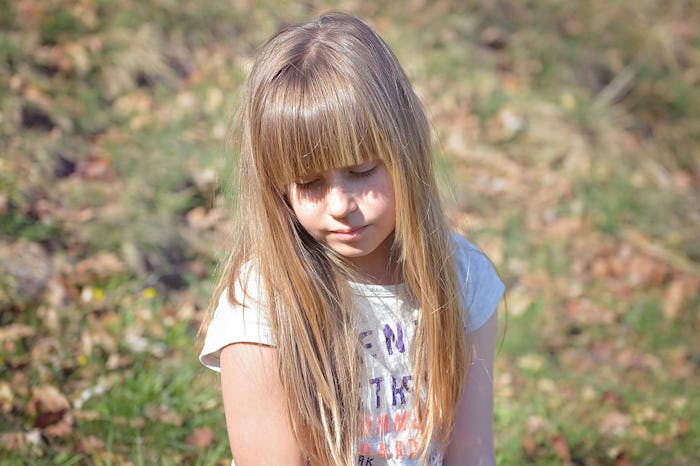When children face emotional abuse or neglect, it can have lifelong consequences, including higher rates of anxiety, low self-esteem, and depression. Children are more vulnerable than adults are to types of emotional abuse, including gaslighting. But what is gaslighting? Children may experience it more than we know, because statistics about emotional abuse are hard to determine. One study shows that more than 12 percent of kids face emotional abuse or neglect.
Gaslighting refers to manipulating someone so effectively that the person comes to doubt his or her sanity or view of reality. The term gaslighting comes from the 1944 movie Gaslight starring Ingrid Bergman, when a criminal husband attempts to drive his wife crazy by dimming the gas-powered lights in their home. When his wife points out that the lights are dim, he denies that the light has changed, and the film shows how scary it is to not be able to trust your own sense of reality.
Gaslighting children is often easier than in adult relationships because children are so dependent on their parents, who control the world around the child and how they interpret the world around them; Often, the power dynamics between parents and children are extremely uneven.
Peg Streep provides a great example of how a parent gaslights a child in her article for Psychology Today:
The child is told that if she plays quietly and lets Mommy work, Mommy will take her out for ice cream. She spends the afternoon playing and then asks her mother when they’re going for ice cream. The response: “I never promised you ice cream.” When the daughter protests, the mother simply says, “Stop making things up. No one likes a liar.”
When a child receives messages from family that are contradictory and can’t make sense of something, it’s natural for them to start believing there is something wrong with them.
Jonice Webb, author of the book Running on Empty: Overcome Your Childhood Emotional Neglect, identifies four types of child gaslighting.
- The Double-Bind Parent: This type of parent goes back and forth unpredictably between being affectionate towards their child and coldly rejecting him or her.
- The Unpredictable, Contradictory Parent: Here, a parent might react to the same situation in an extremely different way at different times or on different days, based on factors that are not visible to the child.
- The Appearance-Conscious Family: Here, the child has a "family which appears perfect from the outside," but is actually dysfunctional. Parents don't allow mistakes, pain, or natural human shortcomings from the family members.
- The Emotionally Neglectful Family: In this family, the child may be well fed and clothed, but his or her emotional needs are ignored. No one notices what the child is feeling. The family does not speak about their emotions, and children are often told not to cry or to “Suck it up.”
On the parenting website "Grounded Parents," Steph Montgomery makes the case that parents can gaslight their children without meaning to inflict abuse:
How would you feel if the most important person in your life told you that you couldn’t feel sad when your car broke down or you lost your job? Or if you were told you couldn’t express frustration at being forced to wait in line at the DMV for eight hours or to eat your most hated food? Or that a thing that causes you real anxiety or fear is not a big deal? How would you feel if you were punished for not reacting the way that person wanted you to react? We constantly tell our kids that big disappointments, big changes, and big challenges are no big deal...I don’t think this is okay. In fact, I am going to call it a form of gaslighting.
Montgomery adds that although it is important for parents to teach their children how to calm down, parents need to make sure they don't "subconsciously teach our kids that it is wrong to feel any emotion other than happy and calm."
For people who have experienced gaslighting as a child, it is important for them to know that their experiences and feelings are valid. And for parents, remember that even on days you are knee-deep in frustration by your child's tantrum, their emotions are part of what makes them them, and should never be invalidated.
